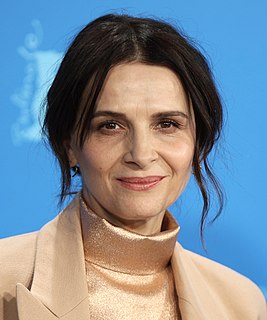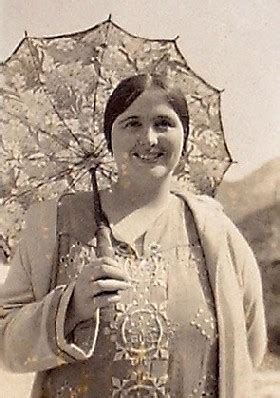A Quote by Carol Drinkwater
Indeed, I still read a fair amount of French literature and I am very attracted to the emotional depth and simplicity of writers such as Marguerite Duras.
Quote Topics
Related Quotes
As a journalist, I never isolated myself. I was a journalist at a daily newspaper and every day I went out on the street. Every day I had contact with people. I interviewed the most important writers of the twentieth century, and into the twenty-first century, from Simone de Beauvoir, Marguerite Duras, and Marguerite Yourcenar to Christa Wolf.
I used to do miserably in English literature, which I thought was a sign of moral turpitude. As I look back on it, I think it was rather to my credit. The notion of actually putting writers' words into other words is quite ridiculous because why bother if writers mean what they mean, and if they don't, why read them? There is, I suppose, a case for studying literary works in depth, but I don't quite know what 'in depth' means unless you read a paragraph over and over again.
I am not attracted to writers by style. What style do Dickens, Grass, and Vonnegut have in common? How silly! I am attracted to what makes them angry, what makes them passionate, what outrages them, what they applaud and find sympathetic in human beings and what they detest about human beings, too. They are writers of great emotional range.
You may object that by speaking of simplicity and beauty I am introducing aesthetic criteria of truth, and I frankly admit that I am strongly attracted by the simplicity and beauty of mathematical schemes which nature presents us. You must have felt this too: the almost frightening simplicity and wholeness of the relationship, which nature suddenly spreads out before us.
In English, you can find writers with a wonderful sense of humor, like Oscar Wilde. But in the French language, this is very special, and de Sade is one of the very brave writers with a sense of humor. But most people don't understand that. When they read de Sade, they take it seriously. They say, "Oh, what an awful man!" He is really a very unknown writer.
Read a lot. But read as a writer, to see how other writers are doing it. And make your knowledge of literature in English as deep and broad as you can. In workshops, writers are often told to read what is being written now, but if that is all you read, you are limiting yourself. You need to get a good overall sense of English literary history, so you can write out of that knowledge.
Literature cannot develop between the categories "permitted"—"not permitted"—"this you can and that you can't." Literature that is not the air of its contemporary society, that dares not warn in time against threatening moral and social dangers, such literature does not deserve the name of literature; it is only a facade. Such literature loses the confidence of its own people, and its published works are used as waste paper instead of being read. -Letter to the Fourth National Congress of Soviet Writers




































